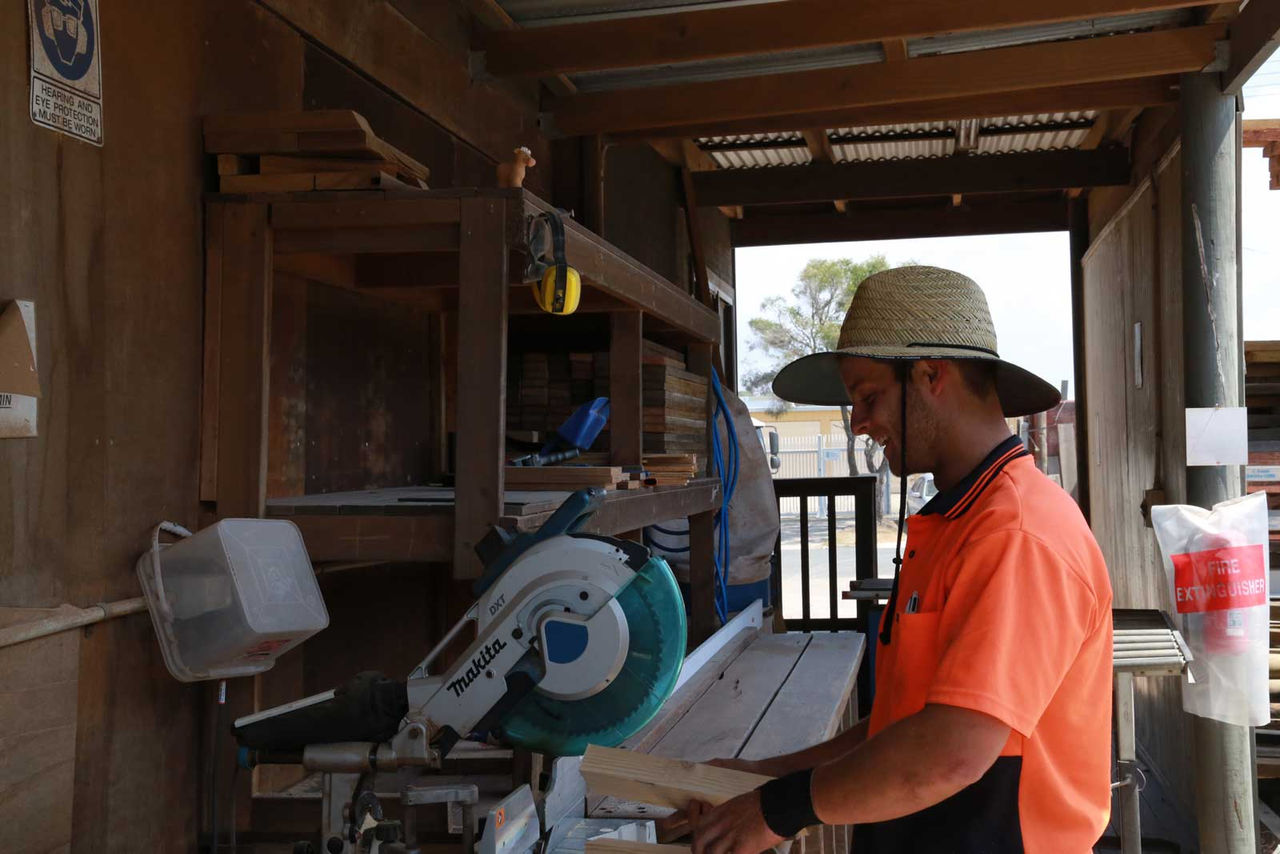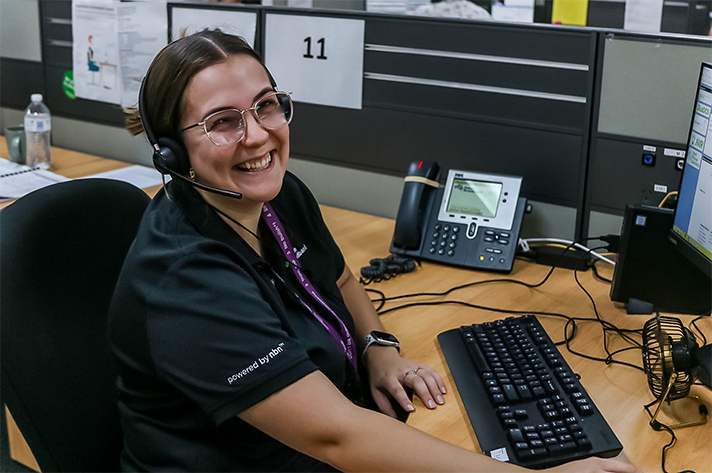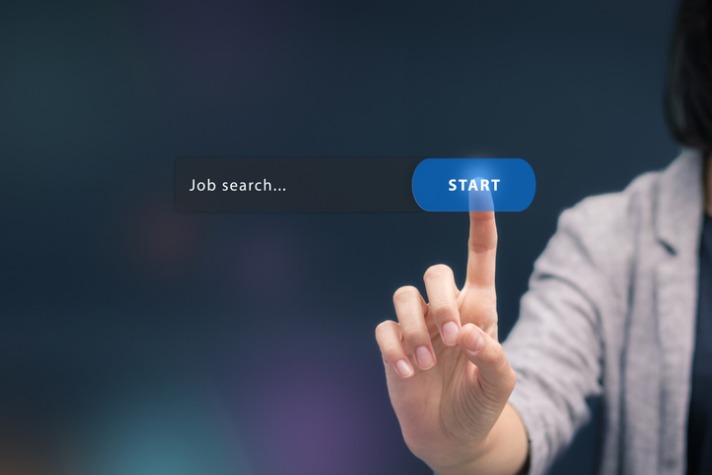What is Autism Spectrum Disorder
Published by MAXSolutions on January 22, 2025

Autism Spectrum Disorder (ASD) describes a condition that leads to differences in communication, learning, and behaviour. There is large variation in how people are affected by ASD.
People with ASD may have a wide range of strengths, abilities, needs, and challenges. For example, some autistic people are very successful, and some attribute their success to having autism. Many can communicate verbally, have a normal or above average intelligence, and live independently.
Others might not be able to communicate at all. Their behaviours may impact their safety and wellbeing, or other people. They may require a great deal of support for activities of daily living.
Most people with ASD will fall somewhere between these two extremes and that is why Autism is considered to be a spectrum disorder. Importantly, for some people with autism, their differences may not cause any challenges but they may still experience discrimination, social exclusion and inequity.1
Common attributes of ASD
- Differences in communication, learning and behaviour
- Different from person to person
- Some people need significant help with daily living
- Some people are average or high functioning
- Heightened sensory awareness
- Uncomfortable in complex social interactions
- Direct communicators
- Good at logical and visual thinking
- Good at remembering facts and figures
- Strong focus and deep interest in a specific topic
- Honest, reliable, trustworthy, persistent, fair, kind.2
There is great difference among individuals with ASD. Some people may experience these differences to varying degrees and some may not experience any. It is important to consider each individual, along with their strengths, challenges and needs.
Strengths common among people with ASD
Everyone has strengths and weaknesses. The world typically favours neurotypical people, it can be difficult to identify the benefits of neurodivergence. While people with autism will experience these strengths to different degrees, it helps to look out for:
- Attention to detail
- Capacity for repetitive work
- Powerful interest in specific areas
- Honest and trustworthy
- Low absenteeism.
Individuals diagnosed with ASD may exhibit certain challenging traits such as reliance on specific routines, showcasing repetitive or restrictive behaviour and interests, encountering communication or social issues, and being sensitive to environmental stimuli. However, these challenges are often balanced by unique strengths. For instance, they may possess a profound understanding of topics that interest them. Their adherence to routines can make them consistent and dependable. They may also exhibit an extraordinary attention to detail and the ability to perform complex yet monotonous tasks. Many individuals with autism are often described as reliable, honest, and generally have a low rate of absenteeism.4
Some organisations have noticed that innovation is often derived from unique and diverse individuals, so the inclusion of individuals with ASD can facilitate creativity and productivity in teams and teamwork.4
Companies with neurodivergent employees often outperform their competitors, with one study measuring an average of 28% higher revenue and greater returns on investment for their shareholders.5
How to foster neurodiversity in the workplace
Employers have a duty to make reasonable adjustments to support people with disabilities in the workplace, according to Australian Law (The Disability Discrimination Act 1992) and it is good practice to consider this for any employee. Many accommodations are inexpensive and can produce benefits including increased employee productivity, morale and retention.1 Examples include:
- Environment – quiet spaces
- Communication - options to meet preferences
- Assistive technology – can be made available to everyone in case some are afraid to ask
- Buddy system – helps people feel supported and able to ask for what they need.
Some employees may not feel comfortable to disclose their neurodivergence, while others may not be aware they have a specific neurotype.2
Based on a study undertaken by Accenture, four actions were recommended to foster neurodiversity in the workplace:
- Employ: Organisations must ensure that people with disability are represented in their workplace. Beyond hiring, employers should implement practices that encourage and progress people with disability.
- Enable: Leaders must provide employees with disabilities with accessible tools and technology and/or a formal accommodations program.
- Engage: To foster an inclusive culture, organisations must generate awareness-building through recruitment, and education programs.
- Empower: Organisations must create empowering environments for employees with disabilities through mentoring and coaching initiatives, and through skilling/re-skilling programs, to ensure that they continue to advance and thrive.5
If you would like to work better with neurodivergent people, or if you are a neurodivergent person contact your EAP in Australia on 1800 629 277 in New Zealand on 0800 327 669 or email support@maxsolutions.com.au
References
1. What is neurodiversity? - Harvard Health
2. Marshall, B. A. (2022). Workplace neurodiversity: An exploratory study (Order No. 29391042). Available from ProQuest Central. (2727595283). Retrieved from http://ezproxy.slq.qld.gov.au/login?url=https://www.proquest.com/dissertations-theses/workplace-neurodiversity-exploratory-study/docview/2727595283/se-2
3. Rollnik-Sadowska, E., & Grabińska, V. (2024). Managing neurodiversity in workplaces: A review and future research agenda for sustainable human resource management. Sustainability, 16(15), 6594. doi:https://doi.org/10.3390/su16156594
4. Vogus, T.J.; Taylor, J.L. Flipping the Script: Bringing an Organizational Perspective to the Study of Autism at Work. Autism 2018, 22, 514–516. [CrossRef] [PubMed]
5. https://newsroom.accenture.com/news/2018/companies-leading-in-disability-inclusion-have-outperformed-peers-accenture-research-finds
Share
Tags
Found this useful?
Help and advice
Our blogs are about helping people seek the information that they need for their steps in the workforce.





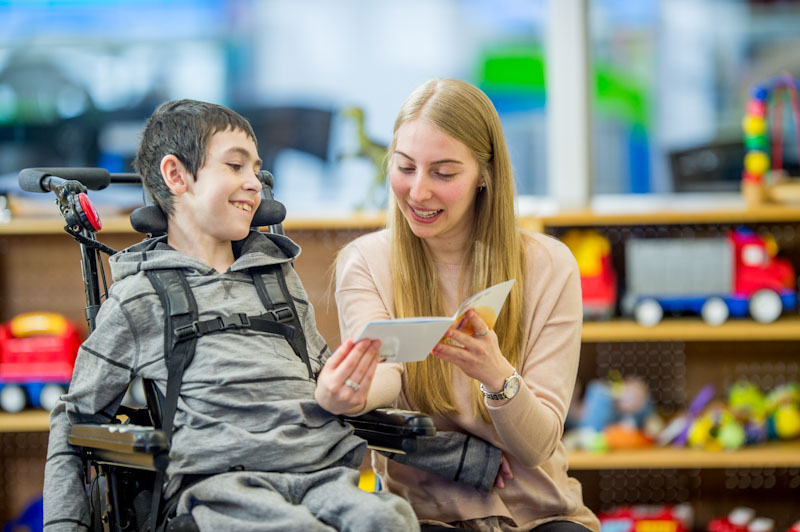








_1.jpg)




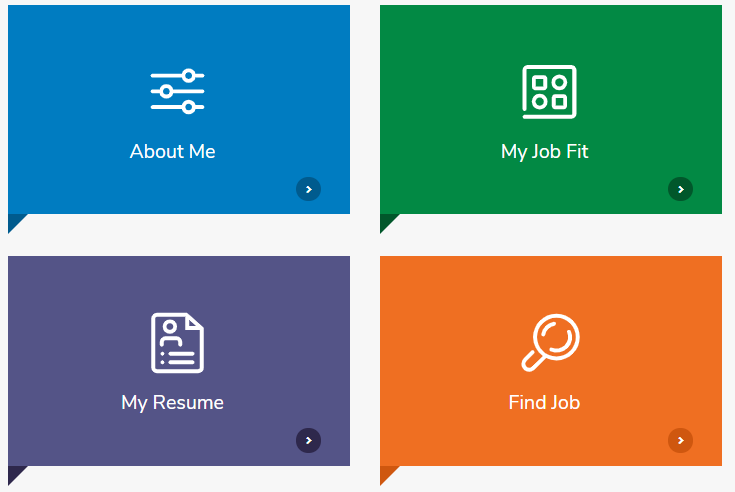

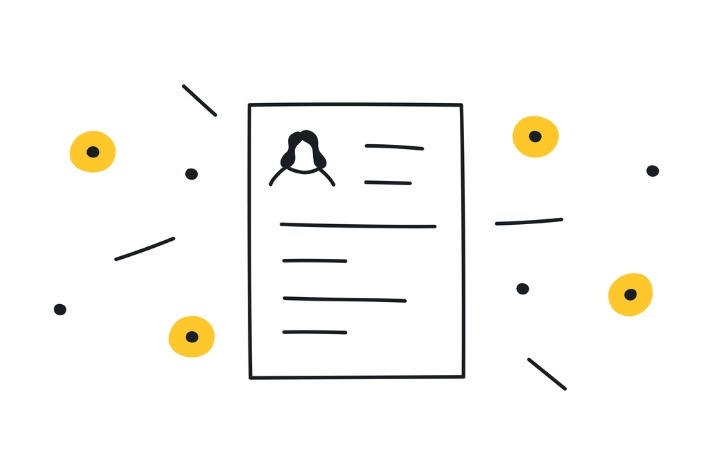


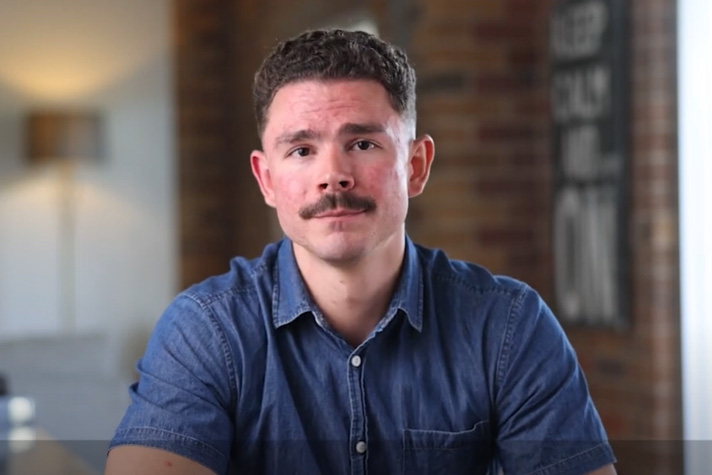



















.jpeg)
